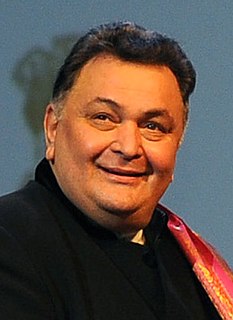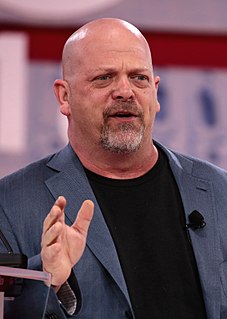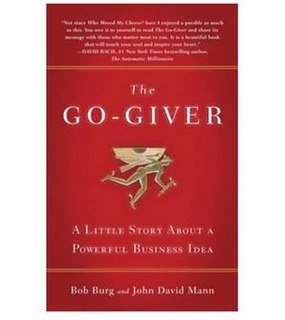A Quote by Barbara Kingsolver
Literature is one of the few kinds of writing in the world that does not tell you what to buy, want, see, be, or believe. It's more like conversation, raising new questions and inspiring you to answer them for yourself.
Related Quotes
Christ and the life of Christ is at this moment inspiring the literature of the world as never before, and raising it up a witness against waste and want and war. It may confess Him, as in Tolstoi's work it does, or it may deny Him, but it cannot exclude Him; and in the degree that it ignores His spirit, modern literature is artistically inferior. In other words, all good literature is now Christmas literature.
Very few interviews are a conversation. It's usually a question and I have to answer for two minutes. By the end of the day, I kind of feel gross. It's like you go to dinner with a friend and then you get home and you're like: "Ugh, I dominated that conversation too much. I wish I let them talk more." That's how it feels for me every day I do press.
It is not enough to say that we cannot know or judge because all the information is not in. The process of gathering knowledge does not lead to knowing. A child's world spreads only a little beyond his understanding while that of a great scientist thrusts outward immeasurably. An answer is invariably the parent of a great family of new questions. So we draw worlds and fit them like tracings against the world about us, and crumple them when we find they do not fit and draw new ones.
To succeed in this new world, we will have to learn, first, who we are. Few people, even highly successful people, can answer the questions, Do you know what you're good at? Do you know what you need to learn so that you get the full benefit of your strengths? Few have even asked themselves these questions.
Visiting a new town is like having a conversation. Places ask questions of you just as searchingly as you question them. And, as in any conversation, it helps to listen with an open mind, so you can be led somewhere unexpected. The more you leave assumptions at home, I've found, the better you can hear whatever it is that a destination is trying to say to you.






































